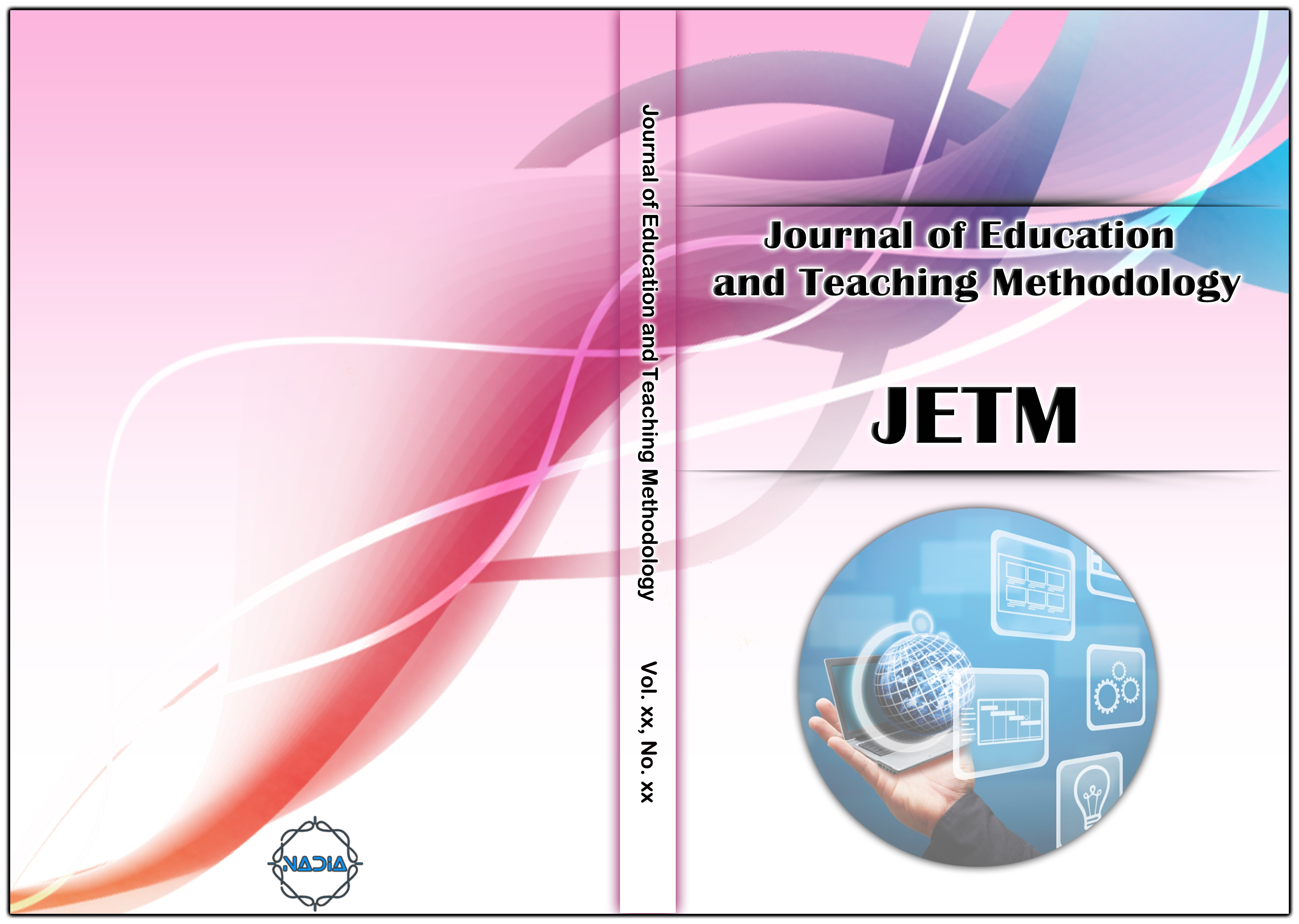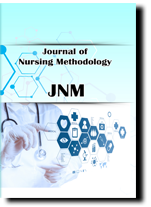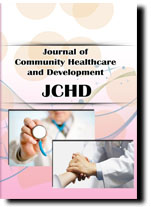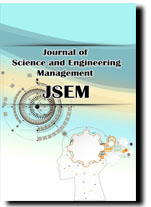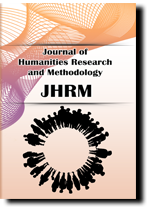Abstract:
Competences have been the focus of international attention in recent decades, as they can contribute to the accomplishment of a more efficient operation concerning organizations. In school units, the issue of competence is one of the crucial factors leading to achievement. In the present study, it is examined whether there is a difference in the perceptions on the level of competence of the administrative staff (both principals and vice principals) as far as their experience (experienced or inexperienced) and a common characteristic of the general environment, such as the school district (urban or non-urban), are concerned. Based on the findings concerning the correlation between experience and district, it is revealed that the greatest need for training seems to concern the novice school administrative staff, both of urban and non-urban districts, while on the contrary the least need for training refers to the experienced ones of urban districts.
Keywords:
Competence(S), Administrative Staff, Novice, Experienced, District, Training
References:
[1] Adegbemile, O., “'Principal’s Competency Needs for Effective School’s Administration in Nigeria”, Journal of Education and Practice, vol. 2, no. 4, (2011), pp. 15-23.
[2] Olga, A., Irena, K., and Rauckiene-Michaelsson, A., “Scholl Principal’s Management Competences for Successful School Development”, TILTAI, vol. 1, (2018), pp. 63-75.
[3] Balyer, A., “School Principals’ Administrative Competency: Teachers’ Views”, YILDIZ Journal of Educational Research, vol. 1, no. 1, (2016), pp. 16-36.
[4] Cheng, Y. C., “New Paradigm for re-engineering education: Globalization, localization and individualization”, Dordrecht, the Netherlands: Springer, (2005).
[5] Davies, B. and Ellison, L., “School Leadership for the 21st Century: A Competency and Knowledge Approach”, London: Routledge, (2001).
[6] Deal, T. and Peterson, K., “Shaping school culture: The heart of leadership”, San Francisco: Jossey-Bass, (2010.
[7] Dipaola, M. and Forsyth, P., “Leading research in educational administration: a festschrift for Wayne K. Hoy”, Charlotte, NC: Information Age Publishing, (2011).
[8] Dyrda, B. and Przybylska, I., “Dimensions of the role of the head teacher in the educational system in Poland”, The New Educational Review, vol. 16, no. 3-4, (2008), pp. 127-136.
[9] Esp, D., “Competences for School Managers”, London, Philadelphia: Kogan Page Limited, (2013).
[10] Foot, M. and Hook, C., “Introducing Human Resource Management”, Australia: Prentice Hall, (2008).
[11] Fullan, M. and Kirtman, L., “Coherent School Leadership: Forging Clarity from Complexity”, Alexandria, Virginia: ASCD, (2019).
[12] Hughes, L., “Current Issues in school leadership. Mahwah”, N.J.: L. Erlbaum Associates, (2005).
[13] McAndrew, D., “Literacy Leadership: Six Strategies for Peoplework”, Indiana: International Reading Association, (2005).
[14] Norton, S., “The Principal as Human Resources Leader: A Guide to Exemplary Practices for Personnel Administration”, New York: Taylor & Francis, (2014).
[15] Norton, S., “The Assistant Principal’s Guide: New Strategies for New Responsibilities”, New York: Taylor & Francis, (2015).
[16] Petroselli, C., “Science Education Issues and Developments”, New York: Nova Science Pub Inc, (2008).
[17] Robotham, D. and Jubb, R., “Competences: measuring the unmeasurable”, Management Development Review, vol. 9, no. 5, (1996), pp. 25-29.
[18] Abdul Halim, R., Amin, S. and Razak Manaf, A., “Innovation in Educational Management and Leadership: High Impact Competency for Malaysian School Leaders”, (2010), Retrieved 14/12/2012 from: http://www.seameo.org/vl/library/dlwelcome/projects/jasper/jasper09/FullPaper.pdf.
[19] Sanghi, S., “The Handbook of Competency Mapping: Understanding, Designing and Implementing Competency Models in Organisations”, California: Sage, (2016).
[20] Sharma, S., “Handbook of HRM Practices: Management Policies and Practices”, New Delhi: Global India Publications, (2009).
[21] Shirley, B. S. O., “Competencies of Secondary School Heads of Departments: Implications on Continuous Professional Development”, European Journal of Social Sciences, vol. 14, no. 3, (2010), pp. 464-470.
[22] Sperry, L., “Core competencies in counseling and psychotherapy: Becoming a highly competent and effective therapist”, New York: Routledge, (2010).
[23] Steiner, L., and Ayscue, H. E., “Using Competencies to Improve School Turnaround Principal Success”, (2010), Retrieved 14/4/2013 from: http://www.darden.virginia.edu/web/uploadedFiles/Darden/Darden_Curry_PLE/UVA_School_
Turnaround/School_Principal_Turnaround_Competencies.pdf.
[24] Sytziouki, M., “Evaluating Vocational Training and Guidance Programs for the Development of Key Competences for Lifelong Learning and Employment: Comparative Analysis and Critical Approach”, In V. Karavakou (eds.) Lifelong Learning: Interdisciplinary Approaches. Thessaloniki: University of Macedonia Publications, (2011), pp. 443-469 [in modern Greek)].
[25] The World Bank. Governance, Management, and Accountability in Secondary Education in Sub-Saharan Africa, Washington: World Bank Publications, (2008).
[26] Wilburn, K., and Summers, I. M., “The continuing education of administrators: Identifying competences, the critical first step”, Paper presented at the Annual Meeting of the American Education Research Association. New Orleans: LA, (1984) April, pp. 23-27.
[27] Vilkinas, T. and Cartan, G., “Competences of Australian Women in Management”, Women in Management Review, vol. 8, no. 3, (1993), pp. 31-35.
[28] Williams, H., “Characteristics that distinguish outstanding urban principals. Emotional intelligence, social intelligence and environmental adaptation”, Journal of Management Development, vol. 27, no. 1, (2007), pp. 36-54.
[29] Wilson, J., “Human Resource Development”, Learning & training for individuals and organizations, 2nd edition. London: Kogan Page, (2005).
[30] Winterton, J., and Winterton, R., “Developing Managerial Confidence”, London: Routledge, (1999).
[31] Xochellis, P., “The current teacher's role”, In Α. Kapsalis (eds.), Organisation and Administration of School Units. Thessaloniki: University of Macedonia Publications, (2005), pp. 75-91. [in modern Greek)].
[32] Zuzelo, P. R., “The Clinical Nurse Specialist Handbook”, Sudbury, MA: Jones and Bartlett Publishers, (2010).
Citations:
APA:
Adamos, A., (2020). Perceived Competence of the Primary Education Administrative Staff in Thessaloniki, Greece Based on their Experience and the School District. Journal of Education and Teaching Methodology (JETM), ISSN: 2652-7286, NADIA, 1(2), 1-24. doi: 10.33832/jetm.2020.1.2.01.
MLA:
Adamos, Anastasiou, “Perceived Competence of the Primary Education Administrative Staff in Thessaloniki, Greece Based on their Experience and the School District.” Journal of Education and Teaching Methodology, ISSN: 2652-7286, NADIA, vol. 1, no. 2, 2020, pp. 1-24. JETM, http://article.nadiapub.com/JETM/vol1_no_2/1.html.
IEEE:
[1] A. Adamos, "Perceived Competence of the Primary Education Administrative Staff in Thessaloniki, Greece Based on their Experience and the School District." Journal of Education and Teaching Methodology (JETM), ISSN: 2652-7286, NADIA, vol. 1, no. 2, pp. 1-24, Dec 2020.
